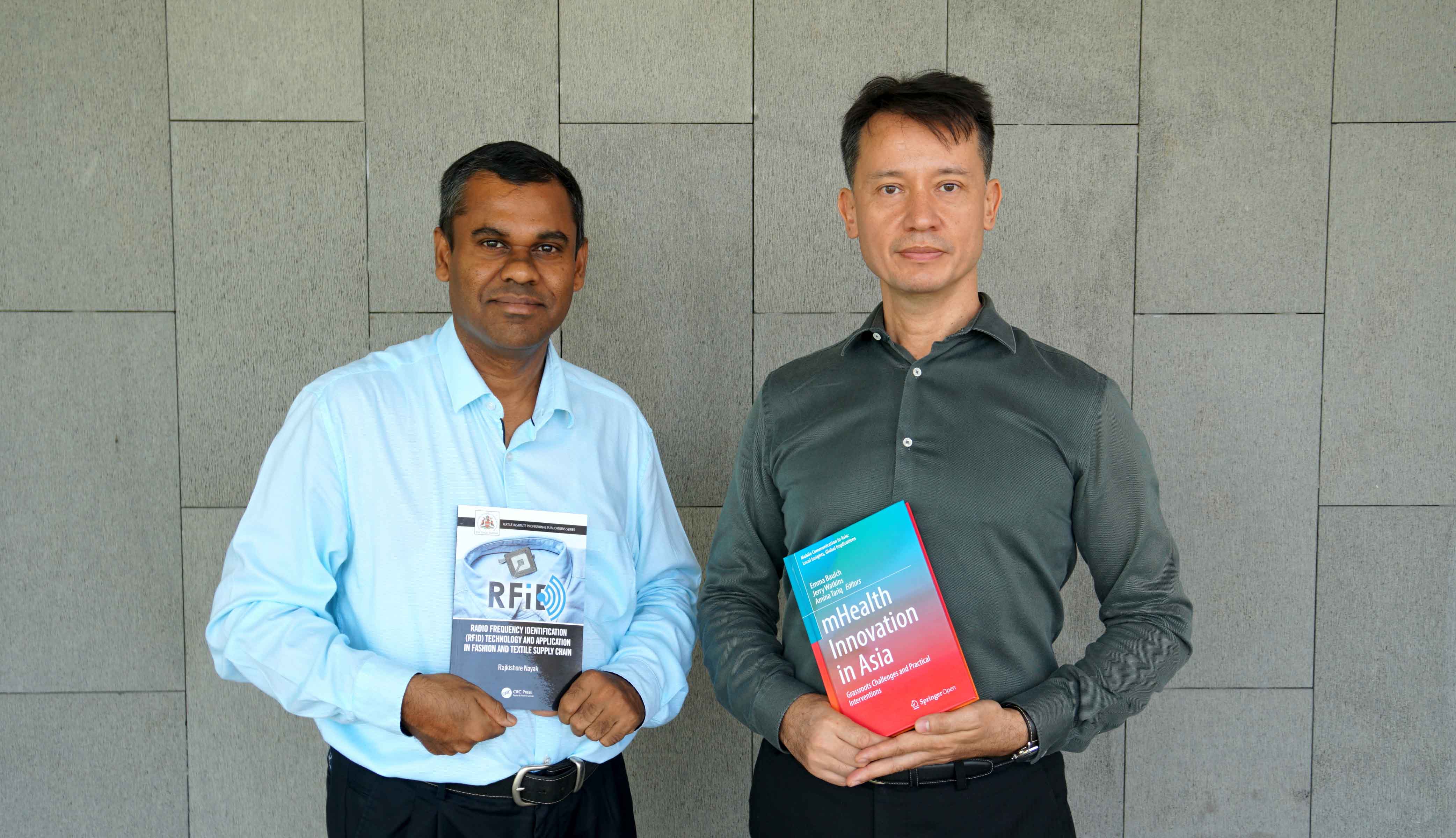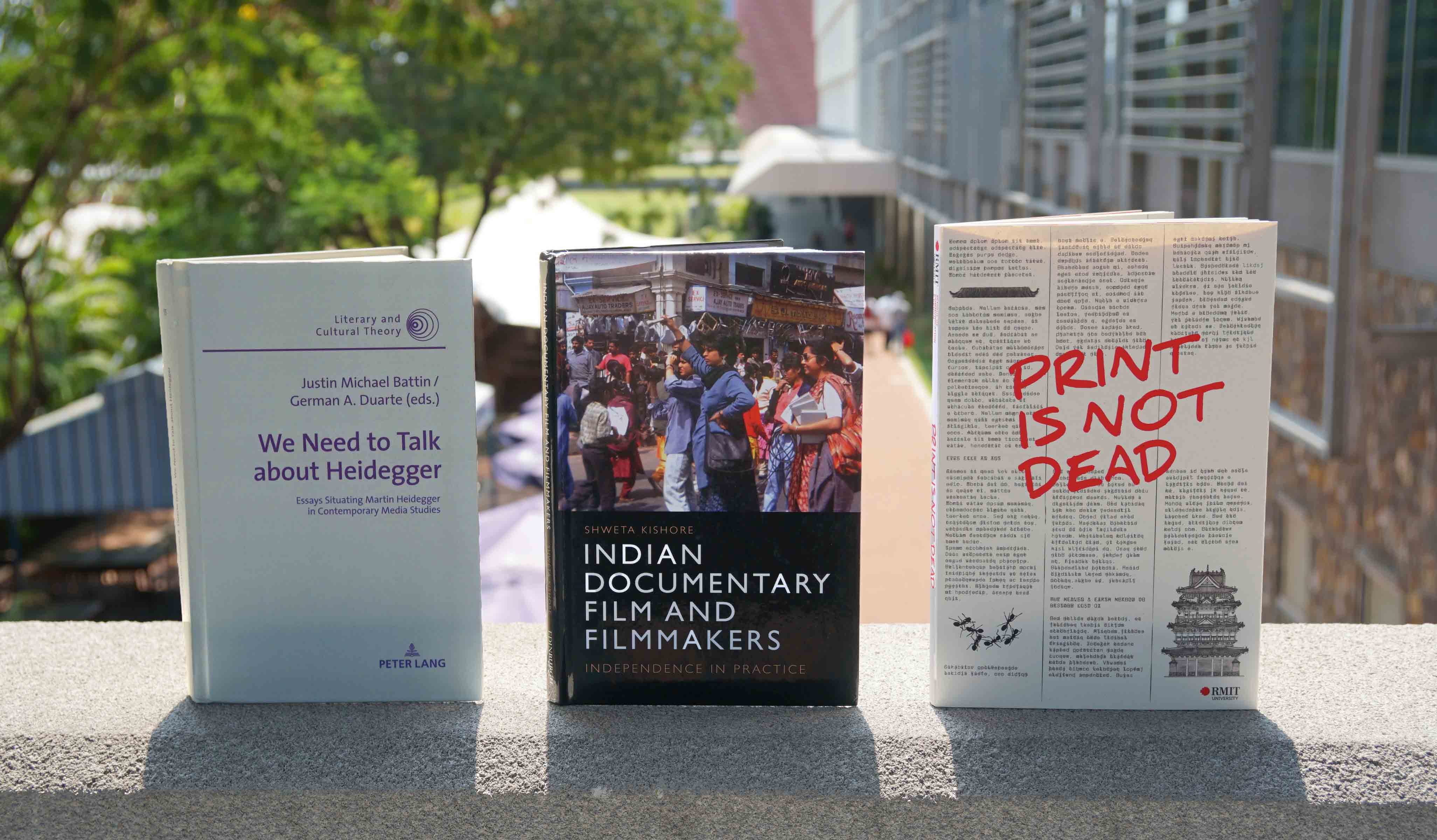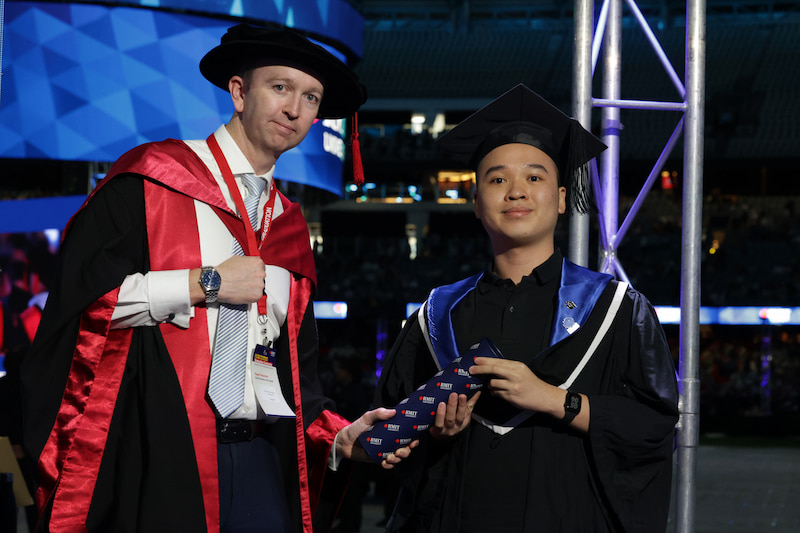Historically, universities have been significant contributors to the world’s book library, attracting many great thinkers, scientists, poets and dreamers who inspire curiosity and exploration across generations and build upon humankind’s collective knowledge.
RMIT Vietnam academics are no exception, joining thousands of writers internationally in tirelessly researching, interviewing and discovering, until hundreds of pages of work can be collected, bound and gifted to the world.
RMIT Vietnam will join book lovers on World Book Day, 23 April, to celebrate the achievements contained within the pages of the following recent publications from some of the University’s scholars, written to inspire the thinker, encourage the innovator and educate the learner.
mHealth Innovation in Asia | Associate Professor Jerry Watkins
This open access book offers a detailed account of a range of mobile health initiatives across South, Southeast and East Asia. It provides readers with deep insights into the challenges such initiatives face on the ground, and a view of the diverse cultural contexts shaping strategies for overcoming these challenges. The book brings together various discussions on the broader mHealth literature, and demonstrates how a research focus on diverse Asian contexts influences the success and/or failure of current mHealth initiatives. It also highlights the important roles social scientists can play in advancing theoretical approaches, as well as planning, implementing and evaluating mHealth initiatives. The book is a valuable resource for project planners, policy developers in NGOs and government institutions, as well as academics, researchers and students in the fields of public health, communications and development studies.
Sustainable Technologies for Fashion and Textiles | Dr Rajkishore Nayak
Sustainable Technologies for Fashion and Textiles combines the latest academic research and industrial practices to shed light on a wide range of activities that influence how the textiles industry affects the natural environment. The research explores how pressure from regulators, customers and other stakeholders has pressed companies to translate general sustainability concepts and ideas into business practices. This movement is leading to improvements in how the industry consumes water, electricity and chemicals, and to a reduction in the amount of waste generated by textile processes.






